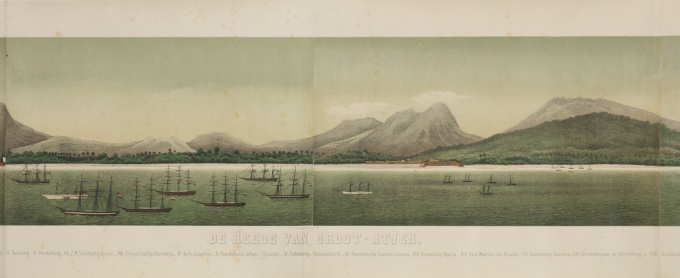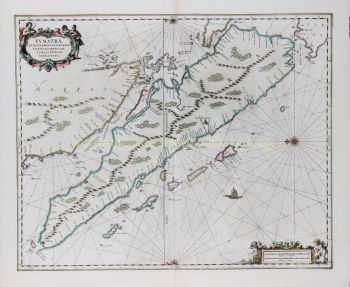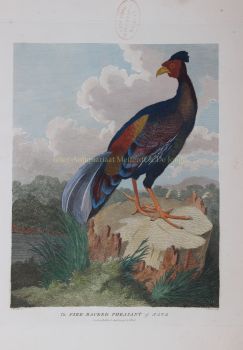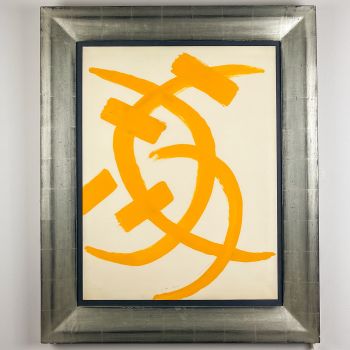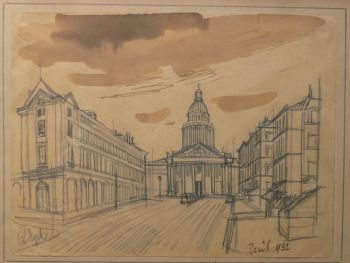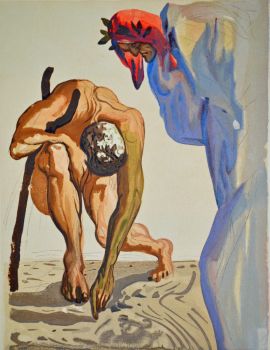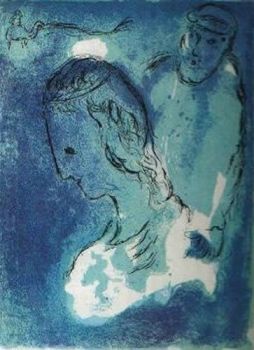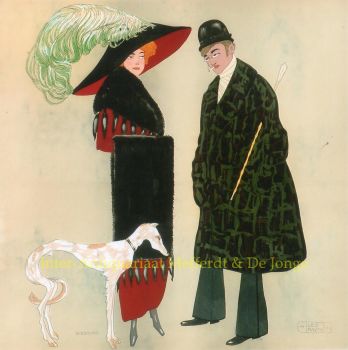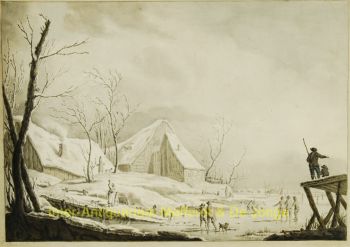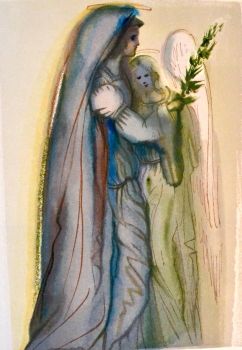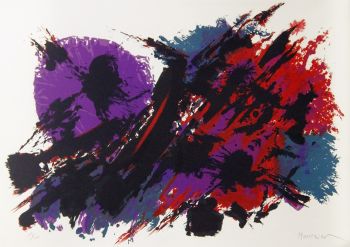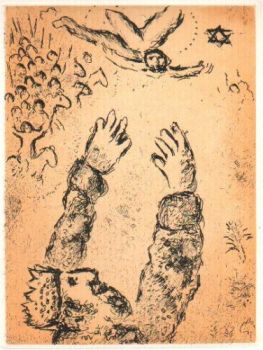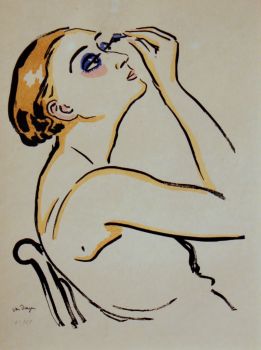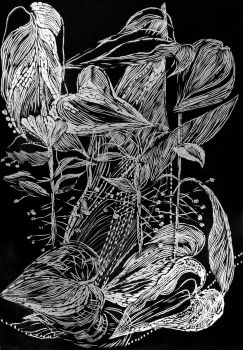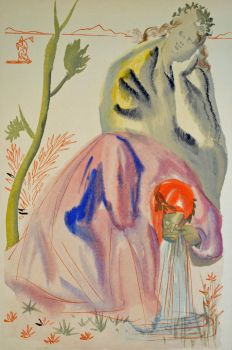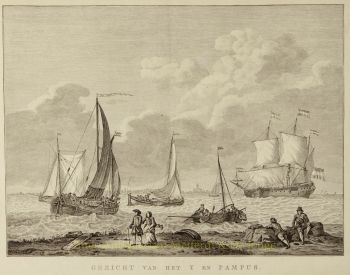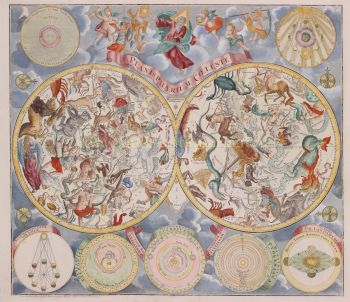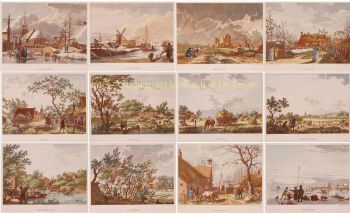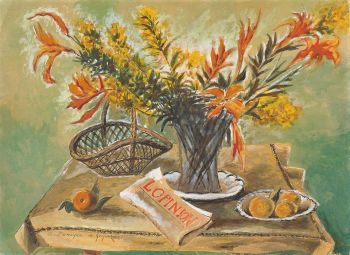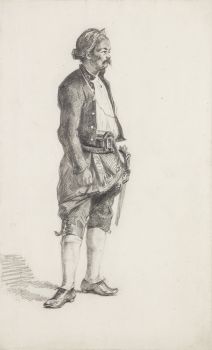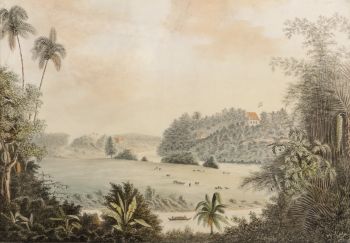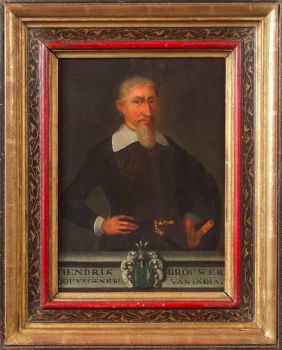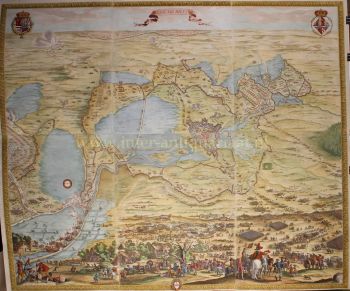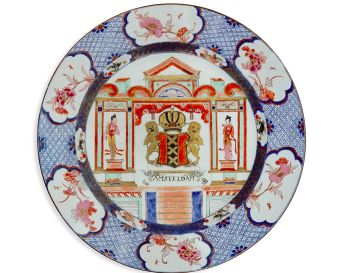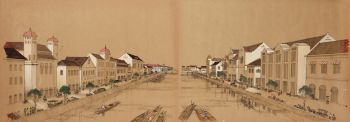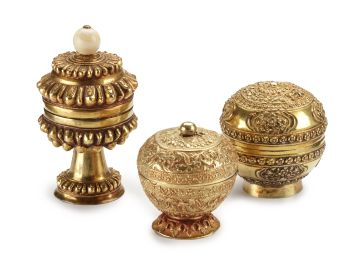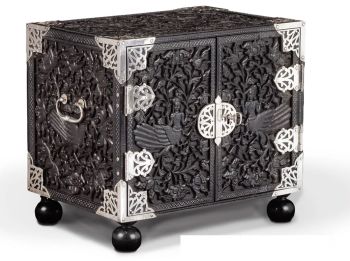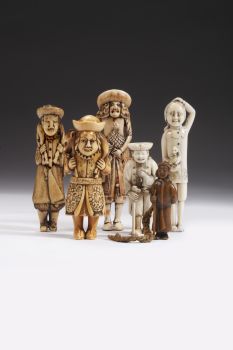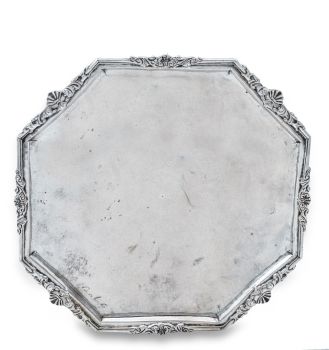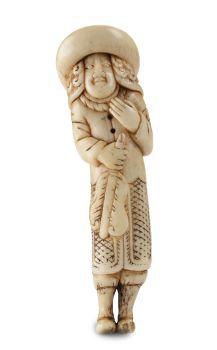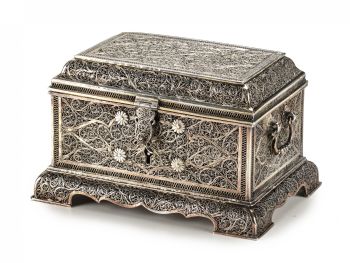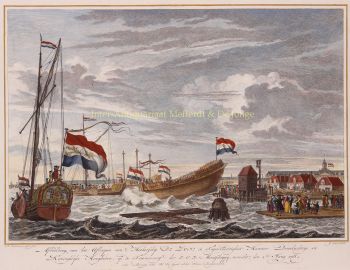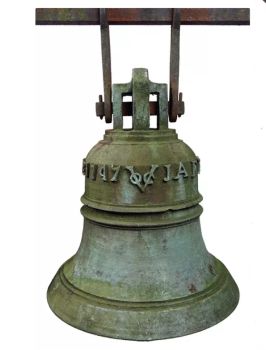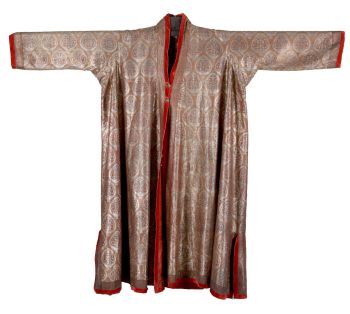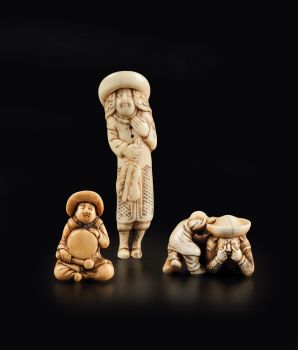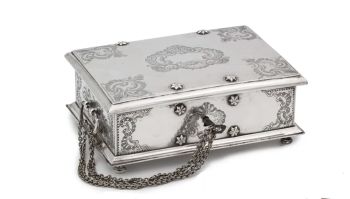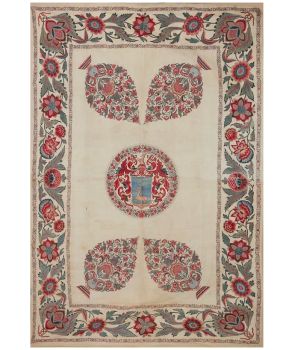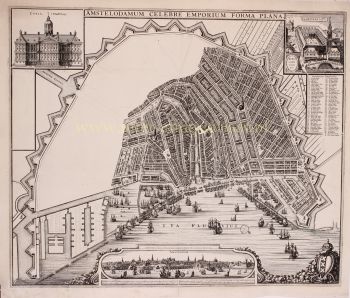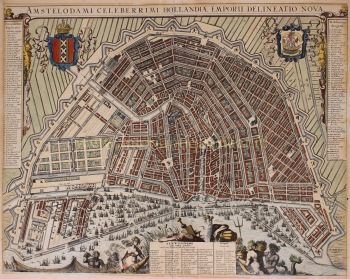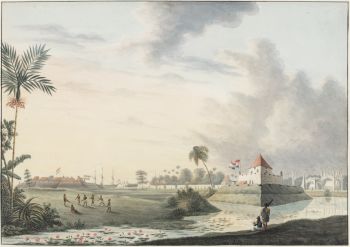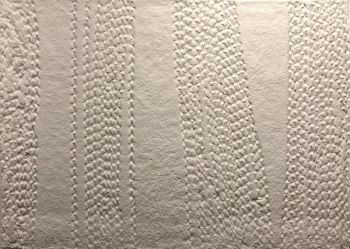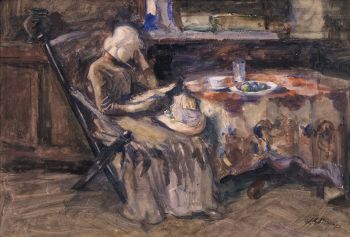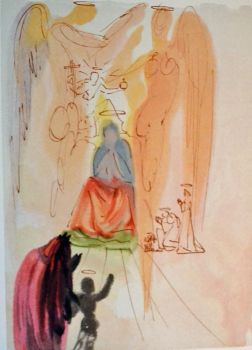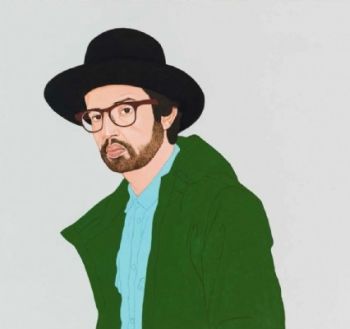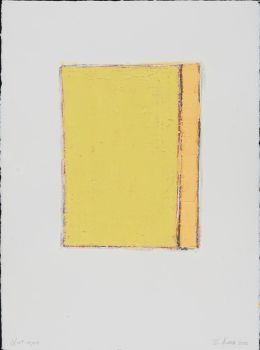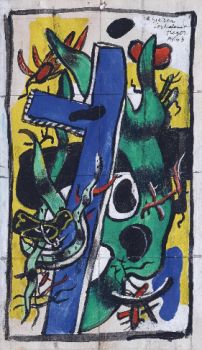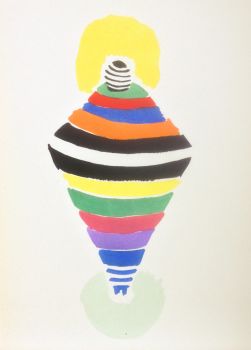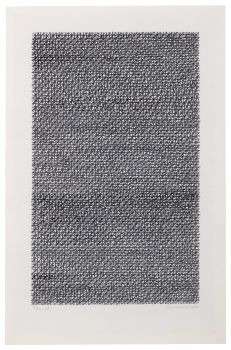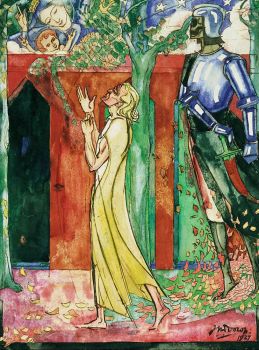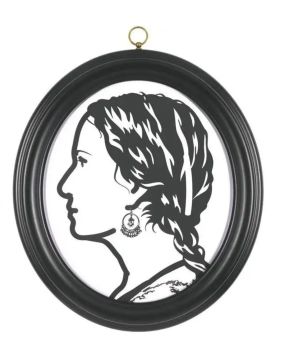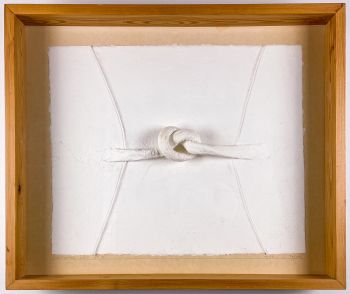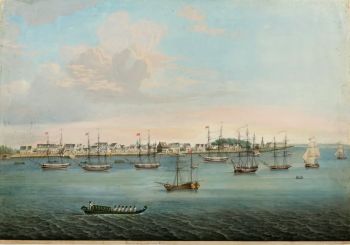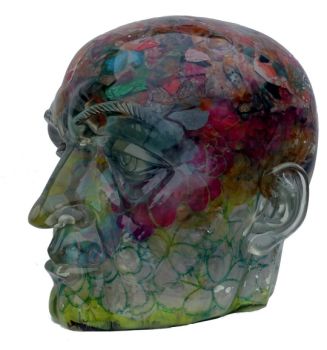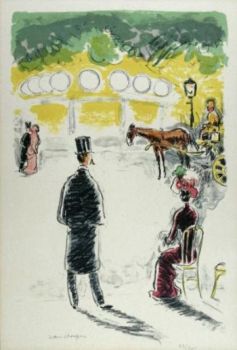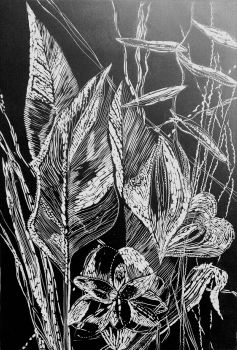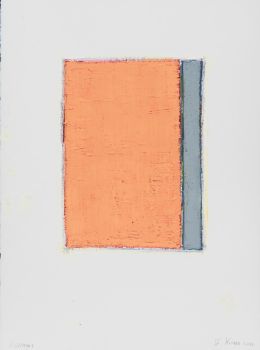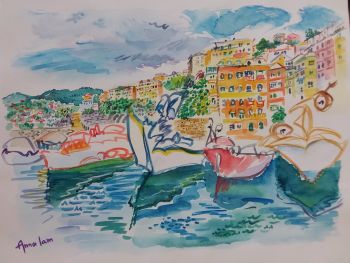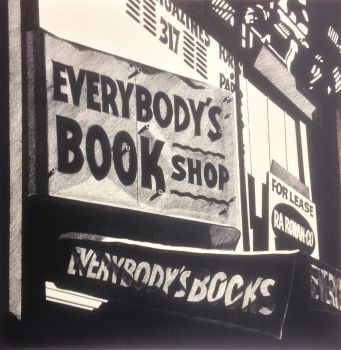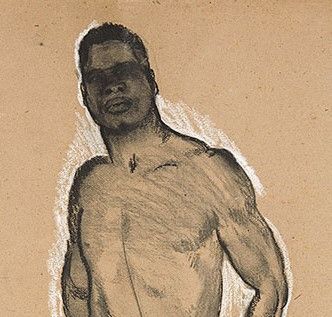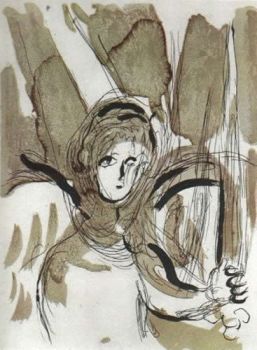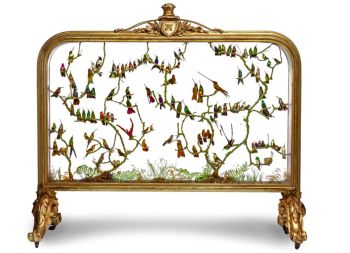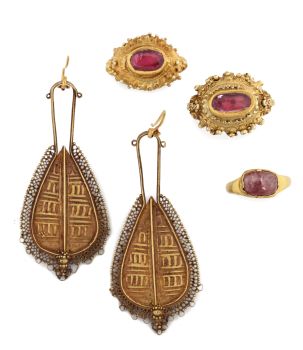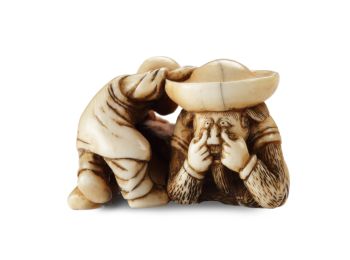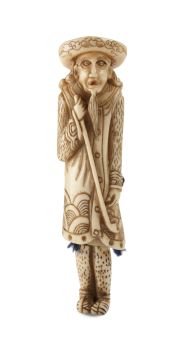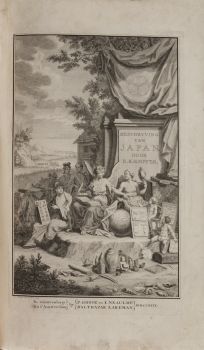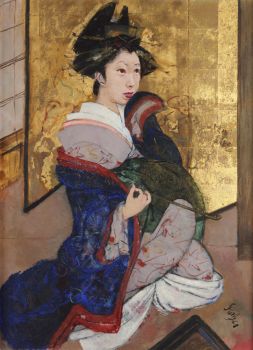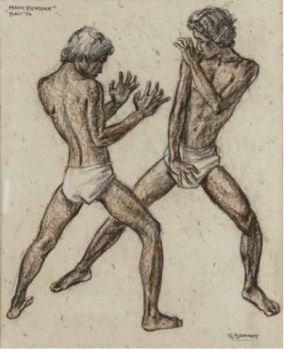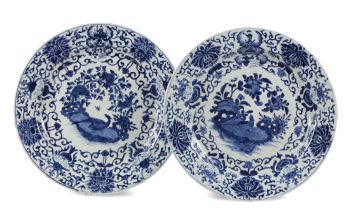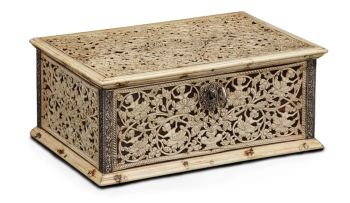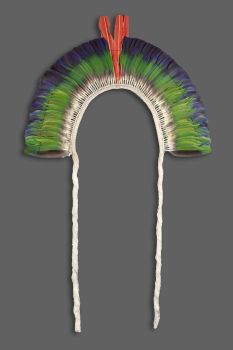Roadstead of Greater Aceh 1873
A.C.A Whitton
InkPaperWatercolour
25 ⨯ 177 cm
Price on request
Zebregs & Röell - Fine Art - Antiques
- About the artworkA C.A. WHITTON (19TH CENTURY)
'De Reede van Groot Atjeh, 1873' (Roadstead of Greater Aceh, 1873)
Signed C.A. Whitton 1* Luitenant Artillerie
With stamp on the reverse De erven Thierry & Menssing & C. van Doorn & Zn. (publishers)
Colour lithograph of a panoramic view on four joined sheets, 25 x 177 cm
Note:
Whitton was a military man who made a drawing of the roadstead of Aceh, Sumatra, which was lithographed in 1873 and is one of the longest lithograph depictions of Indonesia. A fleet of nineteen Dutch transport ship for soldiers and horses can be seen anchored in front of fortifications and a landing strip on the coast. In the legend, the ships and fortifications are numbered and named.
1873, the date on the present lithograph, was the start of the Aceh or Holy War, an armed military conflict between the Sultanate of Aceh and the Dutch colonial government. In 1871 the English withdrew from Sumatra (in exchange of the Dutch Gold Coast of Africa), leaving the Dutch a free hand in Sumatra while handing them the responsibility to check Aceh piracy in the Strait of Malacca. The war in Aceh was to draw on till 1904. Guerilla warfare and suicide attacks against the Dutch and the Japanese continued till the end of the Second World War and even thereafter against the Indonesian government in Jakarta. The Dutch tried one strategy after another to subdue the Sultan of Aceh. First, in March 1873 they sent a fleet, bombarded the capital Banda Aceh and by April occupied most of the coastal areas. However, the Sultan requested and received military aid from Italy and the British in Singapore and forced the Dutch to retreat. Then the Dutch tried a naval blockade, reconciliation, concentration within a line of forts and passive containment. All with little success. Finally in 1903 General van Heutz, supported by Dr. Christiaan Snouck Hurgronje, the leading Dutch expert on Islam from Leiden University, succeeded in bringing Aceh under Dutch control.
Are you interested in buying this artwork?
Artwork details
Category
Subject
Material & Technique
Related artworks
- 1 - 4 / 24
Unknown artist
Two study portraits of Mas Marco Kartodikromo 1900 - 1950
Price on requestZebregs & Röell - Fine Art - Antiques
Unknown artist
Dutchmen in miniature (Netsuke)1700 - 1900
Price on requestZebregs & Röell - Fine Art - Antiques
Unknown artist
A MARINE IVORY NETSUKE OF A DUTCHMAN HOLDING A CHINESE FAN18th century
Price on requestZebregs & Röell - Fine Art - Antiques
Unknown artist
An Indian silver filigree casket with hinged coverearly 20th
Price on requestZebregs & Röell - Fine Art - Antiques
Unknown artist
The bell of the VOC fortress in Jaffna, Sri Lanka1747
Price on requestZebregs & Röell - Fine Art - Antiques
 Curated by
Curated byDanny Bree
Unknown artist
Dutchmen in Miniature18th century
Price on requestZebregs & Röell - Fine Art - Antiques
1 - 4 / 24- 1 - 4 / 24
Unknown artist
AN IVORY NETSUKE OF A DUTCHMAN FROLICKING WITH A SMALL BOY18th century
Price on requestZebregs & Röell - Fine Art - Antiques
Unknown artist
Dutchmen in Miniature18th century
Price on requestZebregs & Röell - Fine Art - Antiques
Engelbert Kaempfer
ENGELBERT KAEMPFER BOOK1651 - 1716
Price on requestZebregs & Röell - Fine Art - Antiques
Unknown artist
A JURUNA TRIBE FEATHER HEADDRESS1900 - 1950
Price on requestZebregs & Röell - Fine Art - Antiques
1 - 4 / 12


